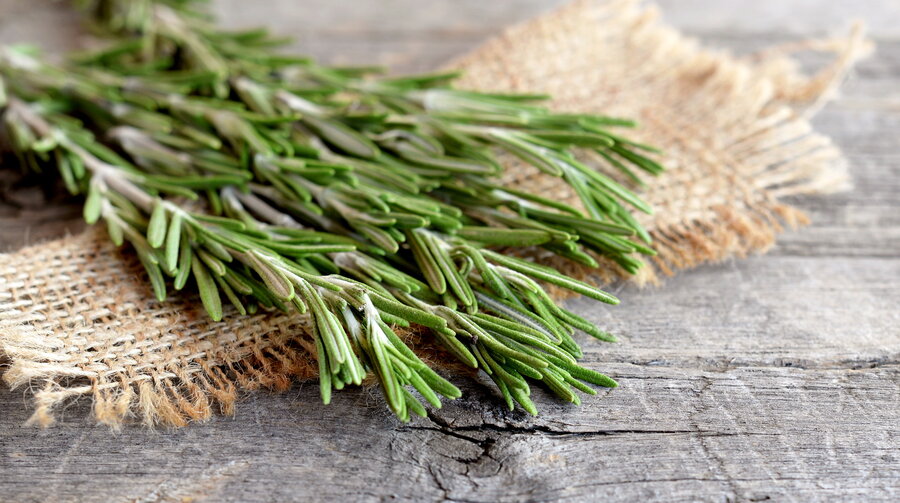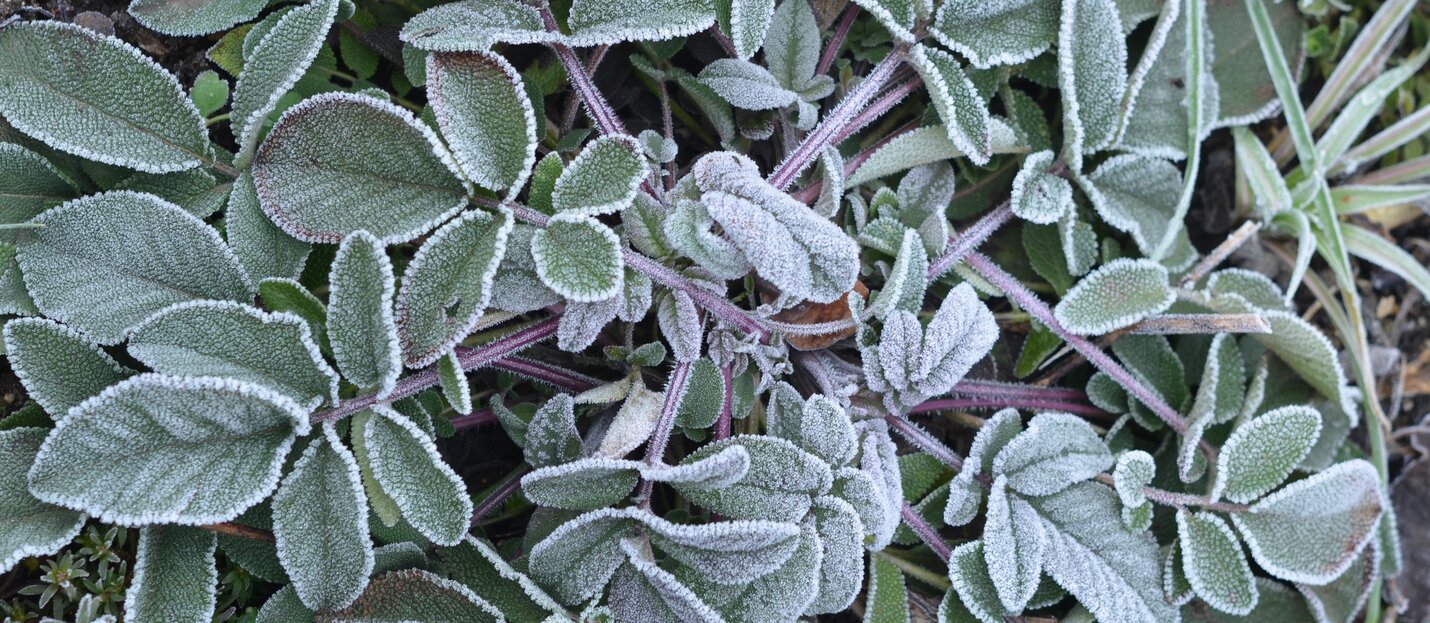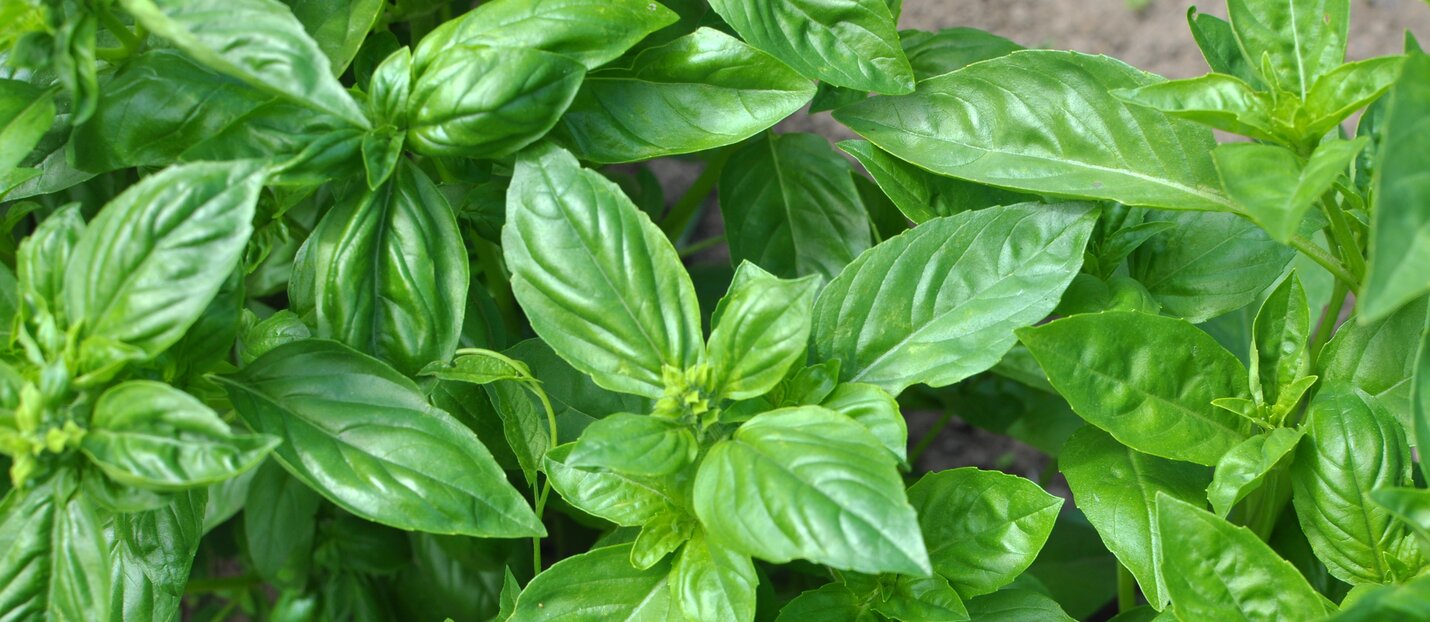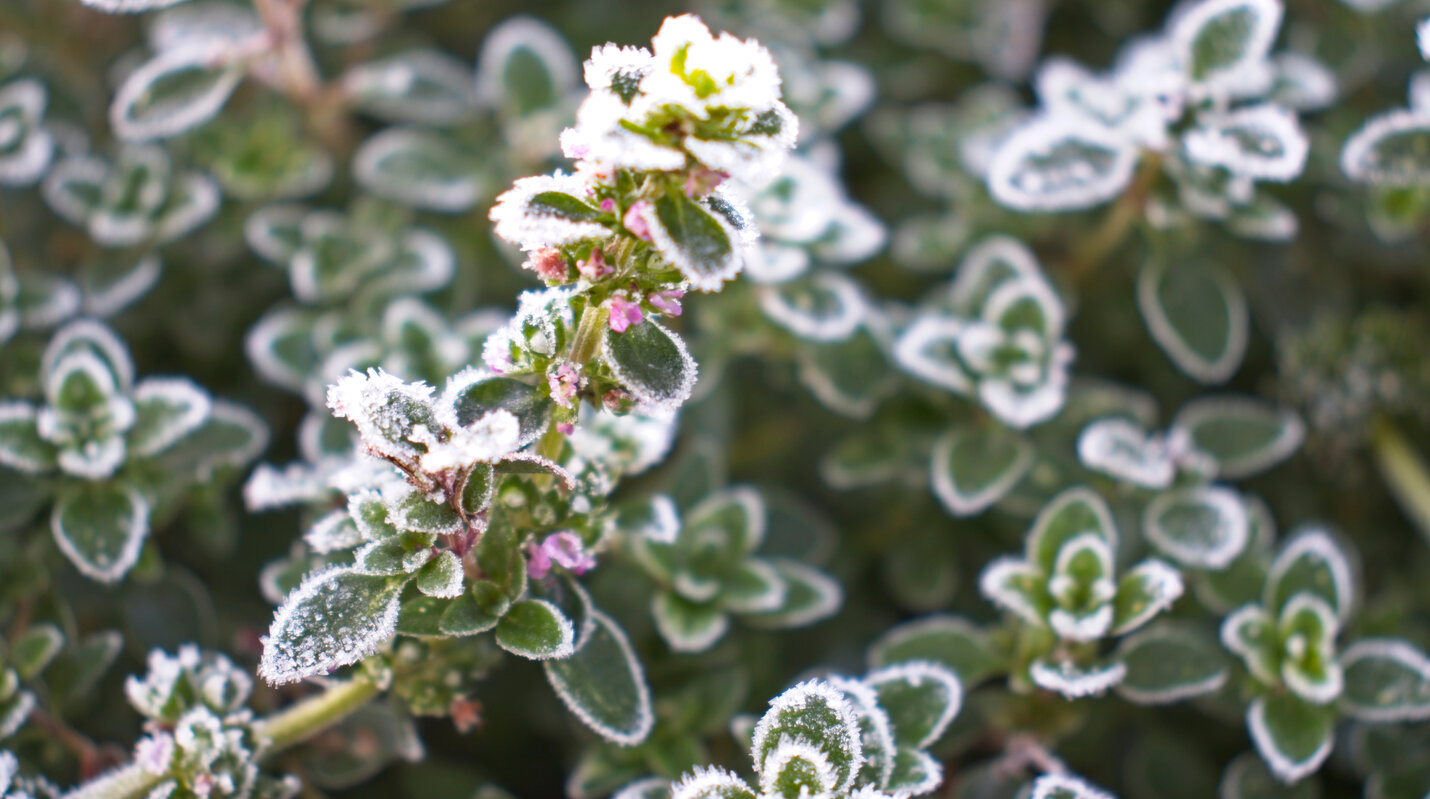Written by Spirekassen 26 Oct 2023 13:27
Winter-Hardy Herbs
Who doesn't love herbs? If you have a garden or a greenhouse, you've probably tried to grow herbs before. The winter season is approaching, and some herbs can easily overwinter in the greenhouse during the cold months of the year.
At Spirekassen, we do not heat our greenhouse with an external heat source. We rely solely on the sun, and with a little knowledge about herbs, many of them can overwinter even in an unheated greenhouse.
Every year, we have customers who struggle to differentiate between the various types of herbs, especially when selecting herbs that can overwinter in the greenhouse. To be able to make the right choices, there are some terms you should be familiar with.
The classic herbs we use in cooking can generally be divided into three groups. If you want to be successful with herbs in winter, it's smart to know the difference between these three.
(1) Annual herbs:
Annual herbs, as the name suggests, are plants that complete their life cycle within a year. They are sown, grow, flower, produce seeds, and die all in the same year. The same plant won't return the next year, but the seeds they produce can sprout and create new plants.
Examples include cilantro, dill, and black cumin. It doesn't make sense to attempt to overwinter annual herbs, as they won't survive. Cilantro and dill are also not frost-resistant in any way, and black cumin, although more robust, is still an annual plant that will die after producing seeds.
(2) Biennial herbs:
There are herbs that are biennial, meaning they only produce leaves in their first year, and in the second year, they bloom and then form seeds before withering and dying. These are known as biennial herbs.
Examples include parsley, caraway, nutmeg, and sage. If you attempt to overwinter biennial herbs, it's essential to know the plant's age. If parsley is already a year old, when you place it in the greenhouse to overwinter, it will only produce seeds and die in spring. It's best to overwinter very young plants.
(3) Some spices are perennial herbs and shrubs:
Perennial herbs and shrubs include both herbaceous plants that die each winter and resprout in spring and woody shrubs with more permanent structures. Some retain their leaves throughout the winter, while others shed their leaves before starting new growth.
Examples include oregano, thyme, chives, medicinal sage, tarragon, lemon balm, lavender, rosemary, Chinese chives, mint, lemon balm, and lovage.
As a general rule, perennials and shrubs can overwinter in the greenhouse. However, some are hardier than others. Rosemary and Chinese chives can generally survive in a Danish greenhouse, but in very cold winters, they may struggle. In the UK, with its milder climate, overwintering these plants would be easier. The further south you go in Germany, the easier it is to overwinter rosemary and Chinese chives.
The unmentioned herb:
The popular herb basil is not mentioned here. Basil (Ocimum) is a genus with around 60 species, including a variety of annual and perennial types, herbaceous and small shrubs. Traditional basil varieties are too heat-dependent to overwinter in the greenhouse; they will already perish in the autumn.
No go:
Herbs purchased in supermarkets are almost all produced in industrial greenhouses. These herbs have a beautiful top with relatively small roots and pots. During their growth in the industrial greenhouses, the herbs receive abundant water and nutrients without much effort. This results in an attractive top with a vulnerable root system. These herbs are produced to last a few weeks on your windowsill if you water them. Overwintering herbs purchased from supermarkets usually doesn't go well because the roots are too weak, and the plants are too vulnerable to the conditions in a hobby greenhouse.
Winter care:
Overwintering herbs can be done in fixed garden beds or in pots. Pots are very flexible, as they can be moved in and out depending on your needs throughout the year. However, it's important to remember that pots are more prone to frost from the bottom when it's cold. On the other hand, they warm up faster when the sun comes out. Fixed garden beds freeze later in frosty periods than pots do but also take longer to warm up again. In general, be cautious not to overwater during the winter, as the plants require less water.







